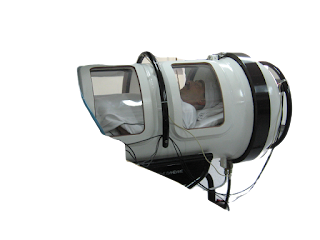Lipids&ageing

Cellinsight Everything about human ageing and related diseases Lipids Lipids are organic compounds, basically hydro carbons . They are non-polar ( means they don't have negatively or positively charged ends ) so they are not soluble in Water, but easily soluble in organic solvents such as chloroform, acetone, benzene,alcohol etc. Fats , oil , wax etc, are the examples of lipids . Lipids are necessary to make cell membranes, the outer most two layers of cell membrane is made up of phospholipids , which protect cell from surroundings and also helps cell more strong and flexible. Energy storage ( excess energy stored in adipose tissue in our body and used when ever needed ), they used to transmit nerve impulses, and many more.. Lipid metabolism Image credit goes to Commons.wikimedia.org ( under common creative atribution) Endocrine system in our body, releasing hormones which control growth and metabolism. According to the...





